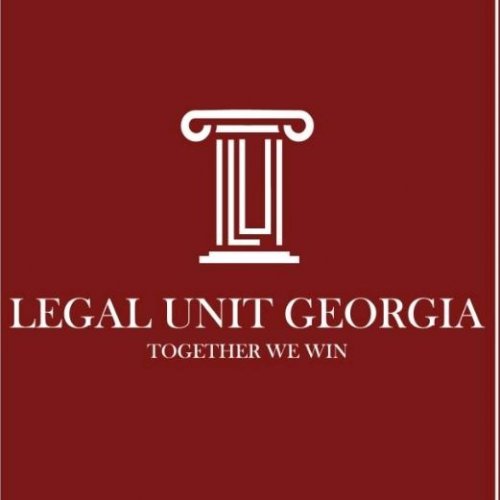Best Sexual Abuse Lawyers in Tbilisi
Share your needs with us, get contacted by law firms.
Free. Takes 2 min.
List of the best lawyers in Tbilisi, Georgia
About Sexual Abuse Law in Tbilisi, Georgia
The laws in Georgia, including its capital, Tbilisi, regard sexual abuse as a severe offence. They apply to all cases involving non-consensual sexual behavior, sexual coercion, and sexual exploitation. It is essential to know that every victim has the right to justice, be treated with dignity, and receive appropriate support during their time of need.
Why You May Need a Lawyer
Victims of sexual abuse might need a lawyer for several reasons. Legal representation can help individuals understand their rights, guide them through the complex legal process and strive to achieve justice on their behalf. Lawyers can provide support for victims, advising them of the best courses of action and helping them take critical decisions. In difficult circumstances, the presence of an attorney can make a significant difference in safeguarding the victim's interests and enabling them to move forward.
Local Laws Overview
According to the Georgian Criminal Code, non-consensual sexual acts carry strict penalties. The law differentiates between less severe (Article 137) and severe forms of sexual violence (Article 138). Article 137 covers offenses like sexual abuse without violence, and Article 138 applies to cases including sexual assault leading to serious injury or committed by multiple individuals. It is important to comprehend these laws to best protect one's rights and ensure justice.
Frequently Asked Questions
1. What should I do if I’m a victim of sexual abuse?
If you're a victim, firstly, take steps to ensure your safety. Then, report the incident to the police immediately and seek medical attention. If possible, avoid bathing or changing clothes as it might destroy crucial evidence.
2. How do I hire a sexual abuse attorney?
Before choosing a lawyer, conduct thorough research about their experience and track record in sexual abuse cases. Consult with them about your case, and if satisfied, proceed with hiring.
3. Will I have to testify in court?
Testimony directly from a victim is usually persuasive, but it might not always be necessary. The decision depends on the specifics of each case and the strategy adopted by your attorney.
4. What type of compensation can I expect?
Victims might be entitled to compensation for damages, including medical expenses, pain and suffering, and loss of earnings. The exact amount varies depending on the specifics of the case.
5. How long does a sexual abuse case take?
The duration of a sexual abuse case varies widely. Factors affecting the timeline include the complexity of the case, the court's schedule, and the strategies employed by the prosecution and defense.
Additional Resources
For assistance outside the courtroom, consider contacting organizations such as the Georgia Network to End Sexual Assault (GNESA), Sakartvelo Women's Rights organization, and the Sexual Assault Center of Georgia. These organizations provide support to victims and aid them on their journey to recovery.
Next Steps
If you need legal assistance in cases of sexual abuse, start by securing an experienced attorney to guide you through the legal process. Report the incident to the police, seek medical attention, and provide your lawyer with as much information as possible about the incident. Stay committed to the process and remember to take care of yourself throughout, both physically and emotionally.
Lawzana helps you find the best lawyers and law firms in Tbilisi through a curated and pre-screened list of qualified legal professionals. Our platform offers rankings and detailed profiles of attorneys and law firms, allowing you to compare based on practice areas, including Sexual Abuse, experience, and client feedback.
Each profile includes a description of the firm's areas of practice, client reviews, team members and partners, year of establishment, spoken languages, office locations, contact information, social media presence, and any published articles or resources. Most firms on our platform speak English and are experienced in both local and international legal matters.
Get a quote from top-rated law firms in Tbilisi, Georgia — quickly, securely, and without unnecessary hassle.
Disclaimer:
The information provided on this page is for general informational purposes only and does not constitute legal advice. While we strive to ensure the accuracy and relevance of the content, legal information may change over time, and interpretations of the law can vary. You should always consult with a qualified legal professional for advice specific to your situation.
We disclaim all liability for actions taken or not taken based on the content of this page. If you believe any information is incorrect or outdated, please contact us, and we will review and update it where appropriate.









